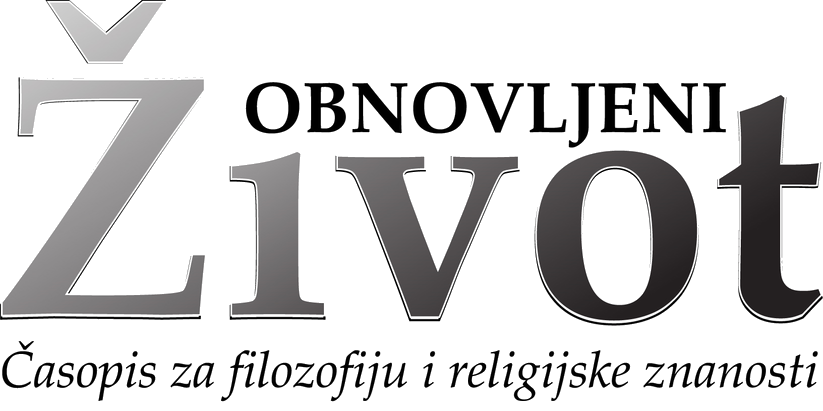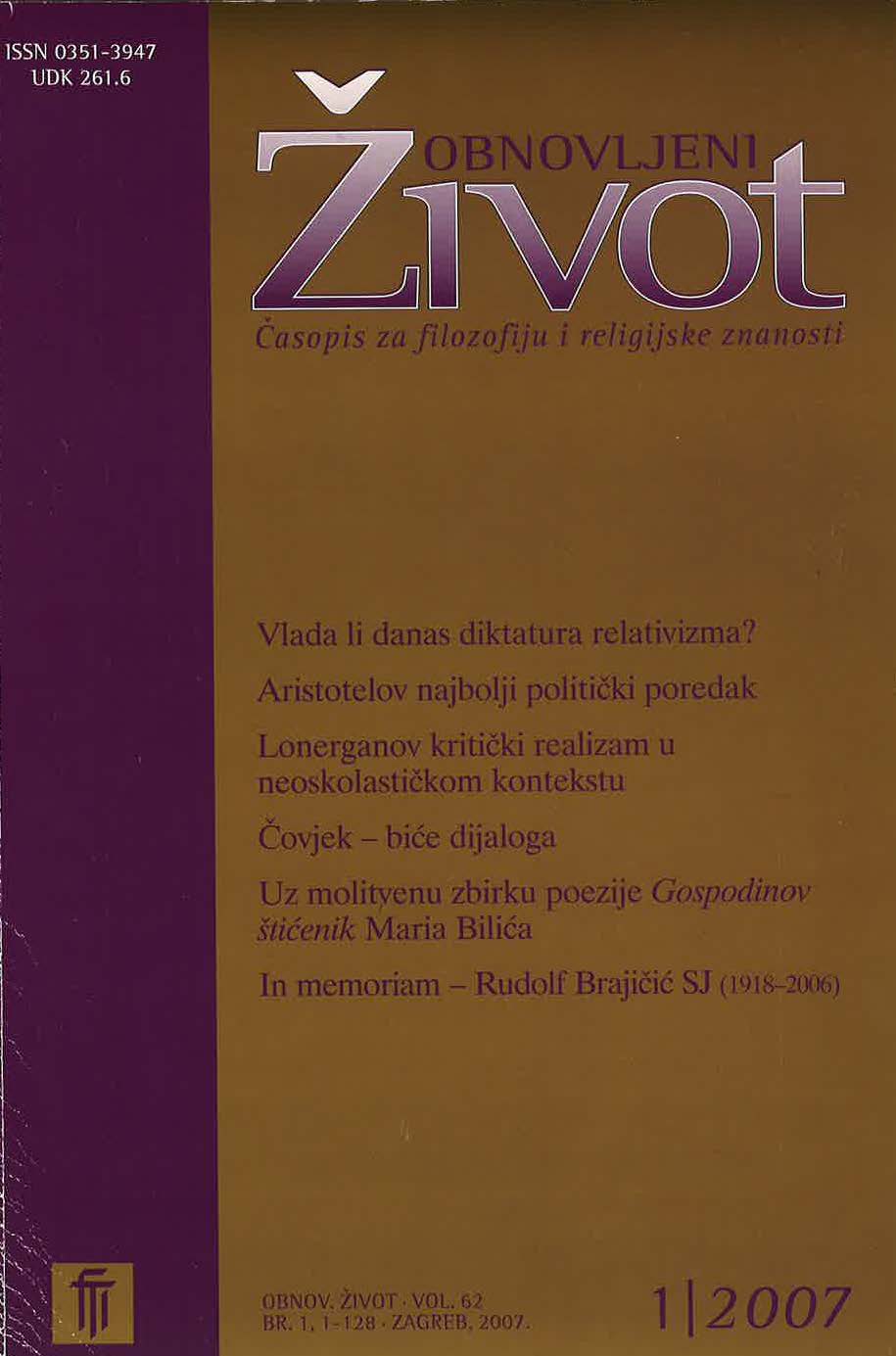Aristotle's άρíστη πολιτεíα
Abstract
Aristotle’s concept of άρíστη πολιτεíα, that is, of the epitome of political order defines a strictly stratified society in which the citizen with political rights may be only the person with exceptional intellectual and moral qualifications: the person who grows in the virtues and acts accordingly. His portrayal of social groups demonstrates the aristocratic implications actually inherent in Aristotle’s concept: craftsmen, simple artisans, and the like, who in a democracy have access to public services, are in his view slavishly dependent upon or lacking in άρετή. This fact is determined by the hierarchical–teleological scheme on the relationship between the means and the goal, between the parts and the whole. According to this scheme, the community becomes not only a community of unequal individuals, but their inequality extends to social groups as well. A comparative analysis of democratic achievements up until Aristotle’s time will demonstrate that Aristotle’s approach was not historical, that is, that he chose to disregard the achievements and political relationships in the Athenian democracy of his age.
Downloads
Published
Issue
Section
License
Jednom prihvaćeni članak obvezuje autora da ga ne smije objaviti drugdje bez dozvole uredništva, a i tada samo uz bilješku da je objavljen prvi put u Obnovljenom životu. Uredništvo će obavijestiti autora o prihvaćanju ili neprihvaćanju članka za objavljivanje.
Članci objavljeni u časopisu se, uz prikladno navođenje izvora, smiju besplatno koristiti u obrazovne i druge nekomercijalne svrhe.


